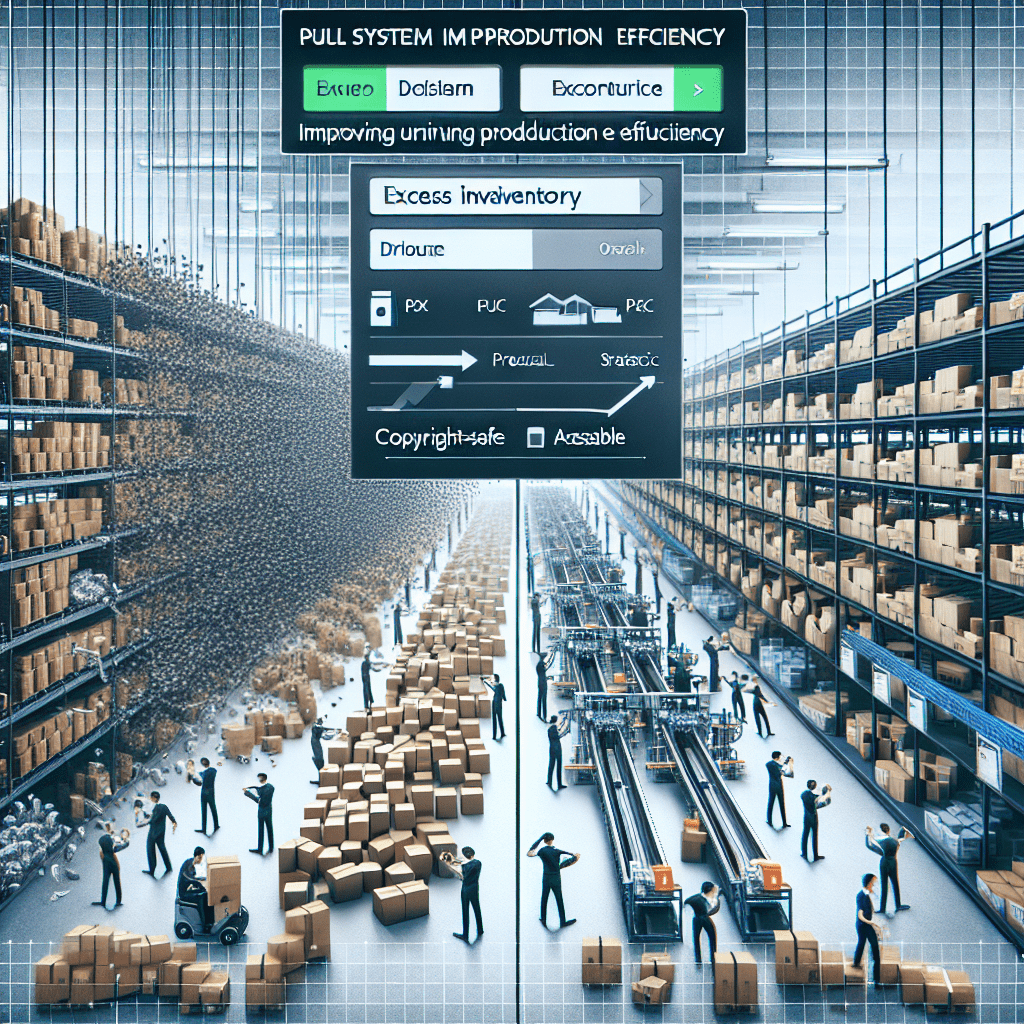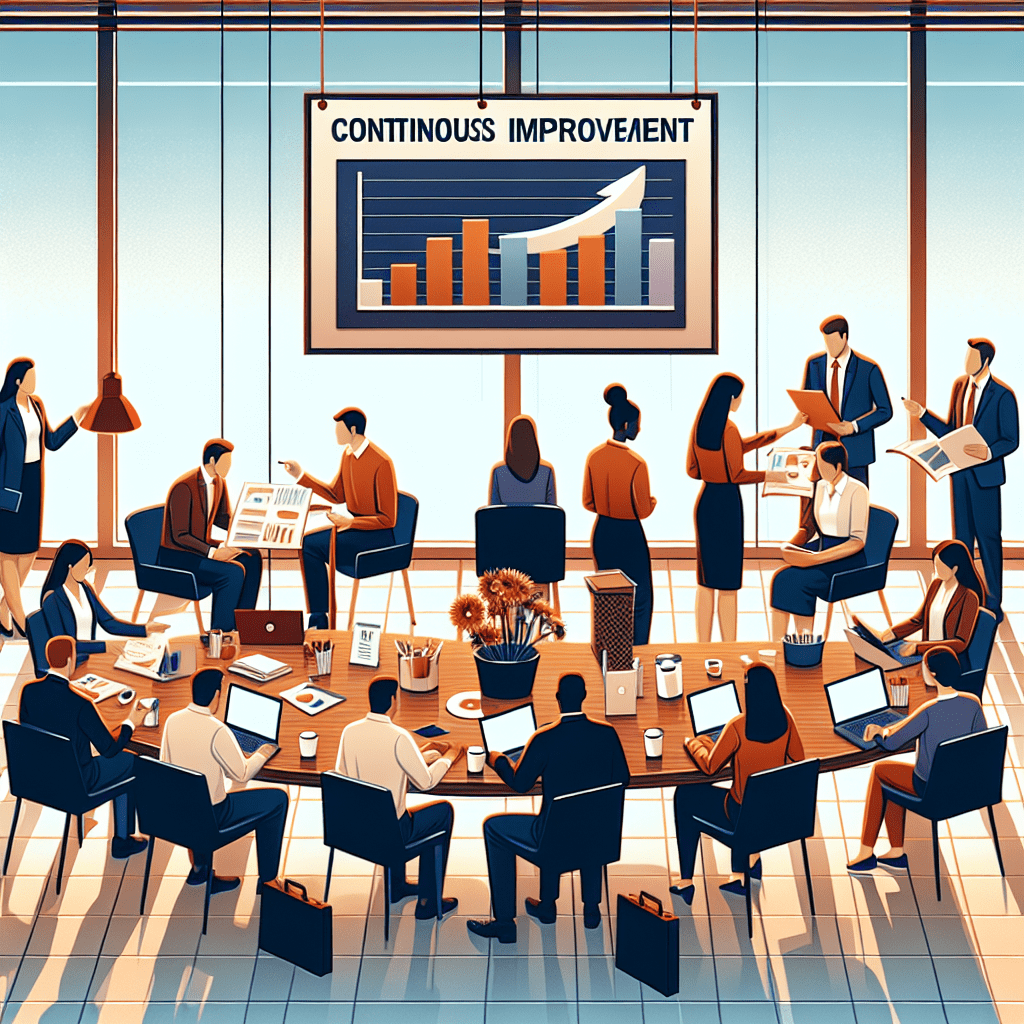
Unlocking Business Success: The Strategic Role of HR

HR: The Unsung Hero of Business Success
Let’s face it: a lot of folks think HR is just a fancy title for a group of people buried under mounds of paperwork and policies. But here’s the kicker — HR isn’t just about dotting the i’s and crossing the t’s. In fact, I’d argue that HR is one of the most critical levers we can pull to drive real business success. If you think about it, wouldn’t it be a game changer if we aligned our people strategies with our business goals? Absolutely!
Understanding HR’s Role in Business
It’s tempting to pigeonhole HR as the friendly face that deals with employee grievances or ensures we’re compliant with the latest health and safety regulations. But in reality, HR holds the keys to unlocking a motivated, engaged, and high-performing workforce. You see, when we connect the dots between HR initiatives and organisational outcomes, magic happens.
First off, aligning HR strategies with business goals is essential. Every company has a vision and a mission, but how often do we see HR being closely involved in that dialogue? The truth is, if HR isn’t integrated with the overall business strategy, it risks becoming an isolated island — one with little influence on the broader success of the organisation.
Measuring Impact: HR with a Purpose
Now onto the second point: measuring the impact of HR initiatives. Let’s not beat around the bush; if something doesn’t create value, why are we doing it? It’s vital to go beyond the traditional metrics of employee turnover rates or attendance figures. Modern HR can — and should — focus on productivity and engagement data that tells a compelling story.
For instance, consider implementing regular employee satisfaction surveys or feedback channels. The insights gained from these tools can help shape an environment where people feel valued and heard, directly impacting performance. When employees know that their voices matter, engagement levels soar. Ultimately, that translates into improved business outcomes, whether it be through innovation or better service delivery.
Building a Culture of Innovation
Fostering a culture that supports innovation is perhaps the most exciting aspect of modern HR. We live in a fast-paced world that thrives on change, and adaptability is a must-have. HR can champion an open culture where ideas are freely shared and tested. Picture this: a workspace where every employee feels they can contribute to the company’s direction without fear of ridicule. Sounds refreshing, doesn’t it?
At City Skills, we view HR as a strategic partner in this journey. We strive to create an environment where our team can thrive, test boundaries, and explore new ideas. It’s not just about having a seat at the table; it’s about driving conversations that matter and influencing decisions that impact not just our people, but the entire organisation.
How is HR Shaping Your Business?
Think about where your HR department sits. Are they integrated into the strategy discussions? Are their initiatives aligned with your goals? If not, there’s still time to shift gears and start viewing HR as a vital element of your business success. This is not just a trend; it’s essential for anyone aiming for longevity and relevance in the market.
Now, let’s take a moment here. I remember when we first began to think differently about HR at City Skills. It wasn’t an easy transition — change rarely is. But when we started to see our people as pivotal contributors rather than just resources to be managed, everything began to shift. The energy in the office changed, productivity soared, and we started to see innovations flow in like never before.
Final Thoughts
So, how are you ensuring that HR plays its vital role in your business success? Are your HR strategies harmonised with your organisational goals? Remember, when we invest in our people, we invest in our future. Let’s bring HR out from the shadows of policy and paperwork and into the spotlight, where it truly belongs. After all, a happy workforce is a productive one.
Now, I’d love to hear your thoughts. Do you think HR should be a strategic partner? How have you seen HR impact your business? Let’s keep this conversation going.





